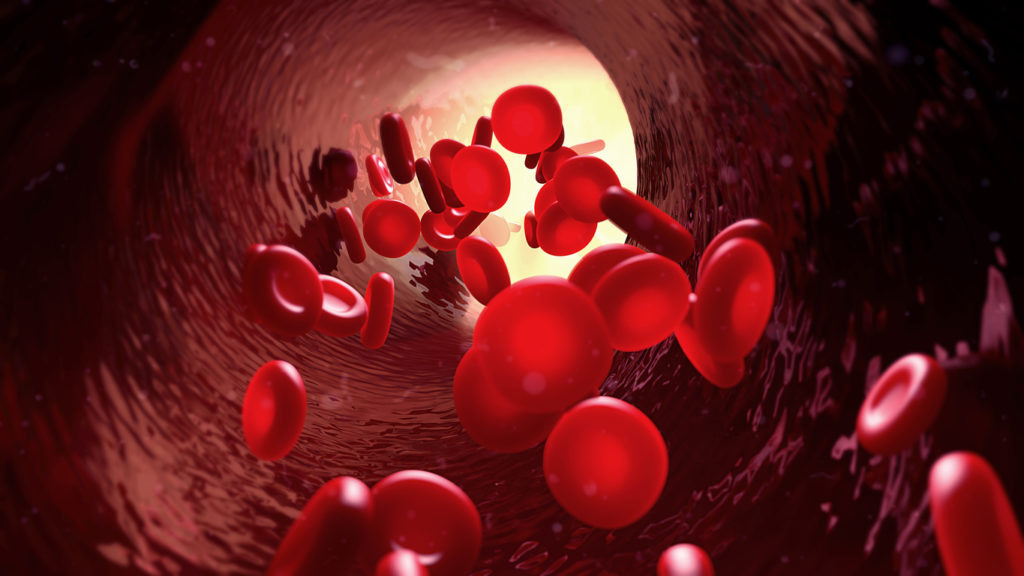To investigate a modified hematopoeitic cell transplantation (HCT) procedure for sickle cell disease that significantly reduces the toxicity of HCT, yet retains its therapeutic benefit.
To investigate a modified hematopoeitic cell transplantation (HCT) procedure for sickle cell disease that significantly reduces the toxicity of HCT, yet retains its therapeutic benefit. Condition: – Blood Disease- Hematopoietic Stem Cell Transplantation- Anemia, Sickle Cell Study Type: InterventionalStudy Design: Treatment, Open Label Further Study Details: BACKGROUND: Hematopoietic cell transplantation (HCT) has curative potential for individuals with sickle cell disease. While the results of conventional HCT have been good, this treatment carries risks of significant short- term and longterm toxicities. For this reason, HCT has been reserved for children who have experienced severe symptoms that predict a poor outcome. Of interest, some patients developed stable donor-host hematopoietic chimerism after conventional HCT. Due to a natural enrichment of donor erythrocytes in the blood, those who developed stable chimerism had a significant clinical benefit, even when there was a minority of donor cells. These observations have paralleled efforts to develop less-toxic, non-myeloablative preparative regiments for transplantation, proved first in a canine model of transplantation, and subsequently translated successfully in a clinical trial for older adults with hematological malignancies. DESIGN NARRATIVE: Multicenter open-label phase I-II study in 30 children with sickle cell disease that combines a non-myeloablative pre-transplant hematopoietic cell transplantation (HCT) therapy with modulated post-grafting immunosuppression to control host-versus-graft and graft-versus-host reactions. The approach relies on the ability to establish and maintain donor-host chimerism. The primary study endpoint is stable donor cell engraftment; secondary endpoints measure the impact of therapy on sickle cell-related symptoms and end-organ damage (disease-free survival, patient survival, graft-versus-host disease, complications etc). The trial will be conducted within the existing network of Comprehensive Sickle Cell Centers, and will be centrally coordinated by the Sickle Cell Coordinating Center. Eligibility Genders Eligible for Study: Both Criteria No eligibility criteria[1] Mark Walters, Children’s Hospital, Oakland
All content and media on the HealthEngine Blog is created and published online for informational purposes only. It is not intended to be a substitute for professional medical advice and should not be relied on as health or personal advice. Always seek the guidance of your doctor or other qualified health professional with any questions you may have regarding your health or a medical condition. Never disregard the advice of a medical professional, or delay in seeking it because of something you have read on this Website. If you think you may have a medical emergency, call your doctor, go to the nearest hospital emergency department, or call the emergency services immediately.







